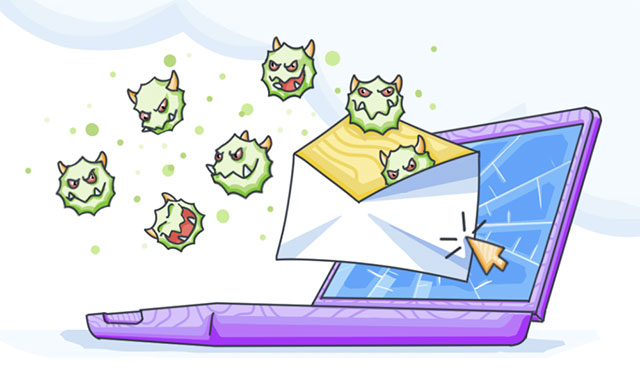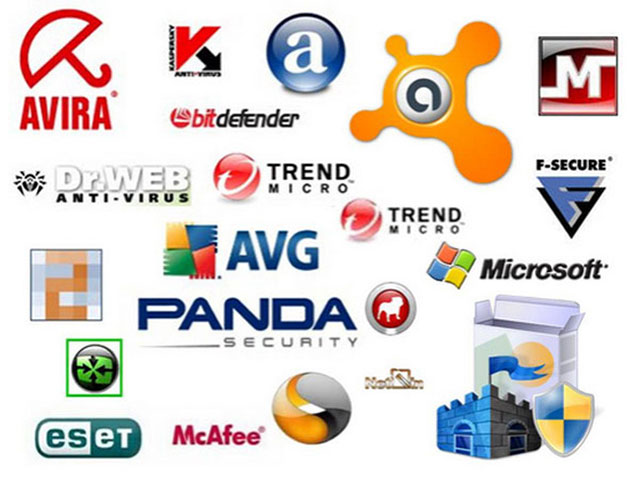6 Fatal Misconceptions About Computer Viruses That Everyone Believed
For many people, whenever their computer crashes, the first thing they say is, 'It must be a virus!'. In fact, viruses are rarely the culprits that cause problems on your PC these days. But that doesn't mean that malware is gone.
The problem is that some myths about computer viruses persist, causing users to become even more confused. Let's debunk the 6 most common 'myths':
1. Mac and Linux are 'immune' to viruses

It sounds fancy, but… it's not! Any operating system can be attacked by viruses. macOS and Linux are just less targeted because their market share is smaller than Windows, and hackers are less interested in writing viruses for them. But as the number of Mac and Linux users increases, so does the amount of malware.
Fun fact: macOS also comes with an anti-virus system called XProtect, and if you're not sure, you can still install third-party software like CleanMyMac.
2. Just opening an email can get you a virus.

Everyone knows that downloading a strange email attachment is 'asking for trouble'. But what about the possibility of getting a virus just by opening the email?
Actually, this used to be true… in the late 90s and early 2000s, with Melissa-like worms that exploited macros in Word and Outlook. But now every email service scans attachments before sending them to you, and macros from the Internet are blocked by Microsoft by default. In other words: open the email, but don't be foolish enough to click on an attachment.
3. Having antivirus software is inviolable
Sorry to say: no antivirus is 100% effective. It's true that antivirus software helps you stay safe, but don't be complacent, like clicking strange links, downloading cracks, or surfing 'dark' websites. The feeling of 'I have armor, I can go all out' is the most dangerous.

4. The popup saying 'your computer has a virus' means… you really do have it.
Surely everyone has seen those popups popping up on the web: 'Virus detected! Click now to remove!' . The bad news is: it's actually a. fake virus.
This trick is called scareware – scaring you into installing malware disguised as 'antivirus'. The only way to handle it: don't click, close the window and if you're worried, run a virus scan yourself with reputable software.
5. Slow computer means virus
Not really. There are dozens of reasons for a slow computer: full hard drive, low RAM, too many background applications… before thinking about a virus. So instead of panicking, try some cleaning and performance optimization tips first.
6. Viruses always show clear signs
'My computer is fine, it probably doesn't have a virus.' – Wrong!
In the old days, many viruses liked to mischief: showing strange notifications, changing wallpapers, even teasing users. But today, modern viruses want to 'stealth' for as long as possible, to silently steal data or resources.
Seeing nothing unusual does not mean absolute safety.
In short: Computer viruses are no longer the 'number one nightmare' of PCs, but malware is still a real threat. Don't believe the myths, and practice safe computer habits - install reputable software, update regularly, be wary of strange emails/websites.
You should read it
- ★ This is the person who created the world's first computer virus
- ★ No need to use an antivirus program, this is how to get rid of the virus on your computer
- ★ 17 clear signs that your computer has been attacked by a virus
- ★ How to identify computers infected with viruses with 10 characteristic signs
- ★ Multiple choice questions about P2 computer viruses